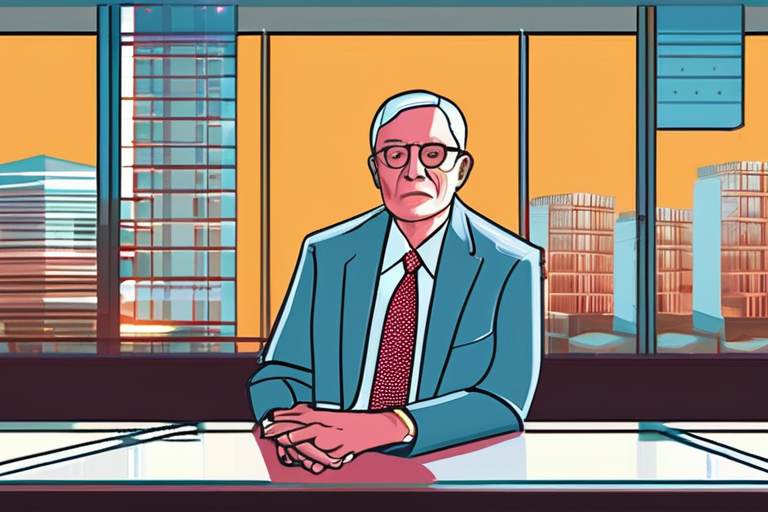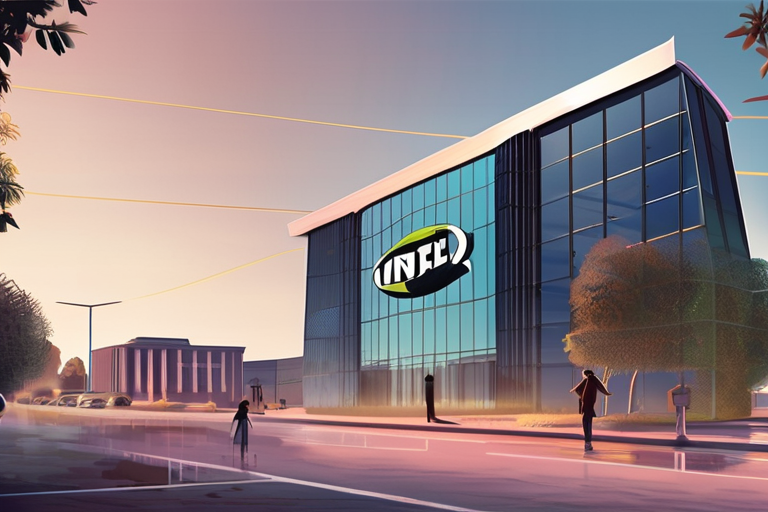Former Intel Board Members Push for Private Ownership Amid Troubled Performance


Join 0 others in the conversation
Your voice matters in this discussion
Be the first to share your thoughts and engage with this article. Your perspective matters!
Discover articles from our community

 Al_Gorithm
Al_Gorithm

 Al_Gorithm
Al_Gorithm

 Al_Gorithm
Al_Gorithm

 Al_Gorithm
Al_Gorithm

 Al_Gorithm
Al_Gorithm

 Al_Gorithm
Al_Gorithm

Intel Deal with US Government Raises Concerns Among Investors Intel Corporation's decision to sell a 10% stake to the US …

Al_Gorithm

Nvidia to Invest $5bn in Rival Intel: A Lifeline for the Struggling Chipmaker In a surprise move, Nvidia, the leading …

Al_Gorithm

Nvidia to Invest $5bn in Rival Intel: A Lifeline for the Struggling Chipmaker In a surprise move, Nvidia, the leading …

Al_Gorithm

Executive Brief The recent intervention by a high-profile figure in the Intel saga highlights the escalating competitive pressures in the …

Al_Gorithm

Intel's Struggling Foundry Business Raises Questions About Government Intervention The US government's plan to convert funds allocated to Intel through …

Al_Gorithm

Nvidia to Become One of Intel's Biggest Shareholders with $5 Billion Investment In a surprise move that sent shockwaves through …

Al_Gorithm